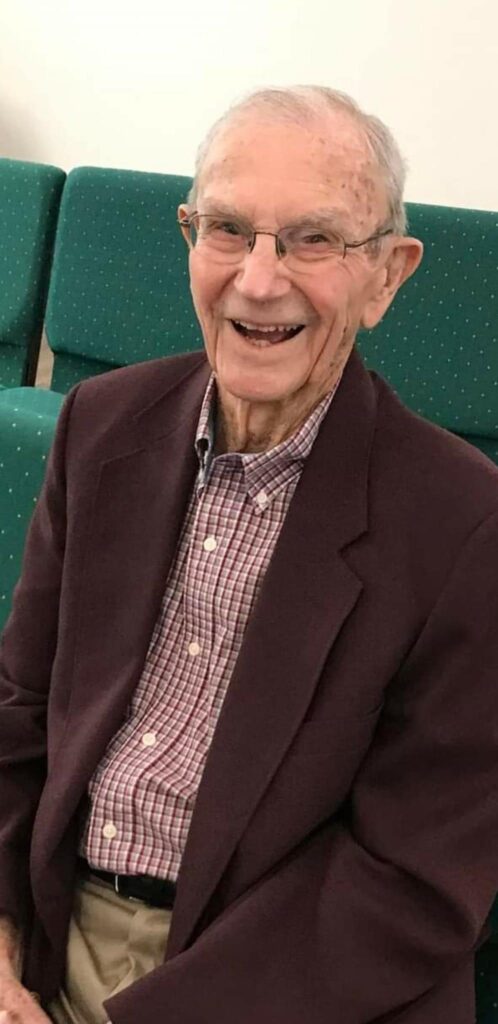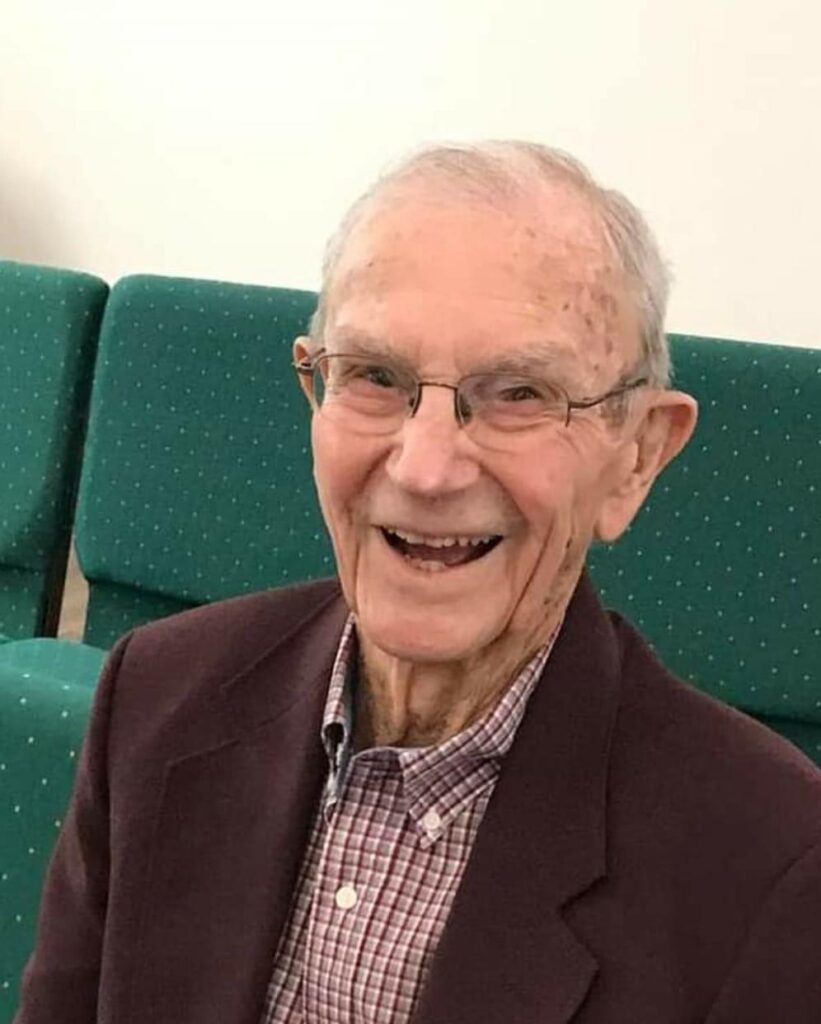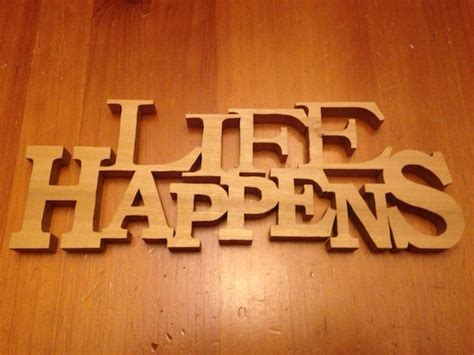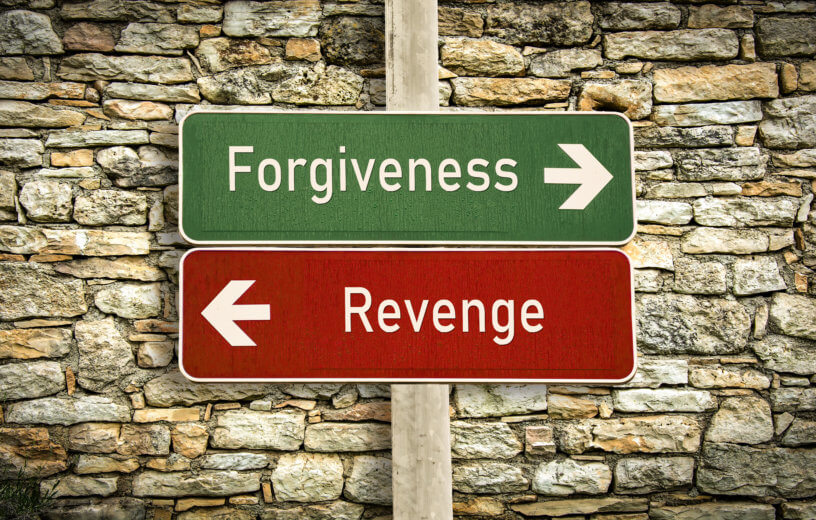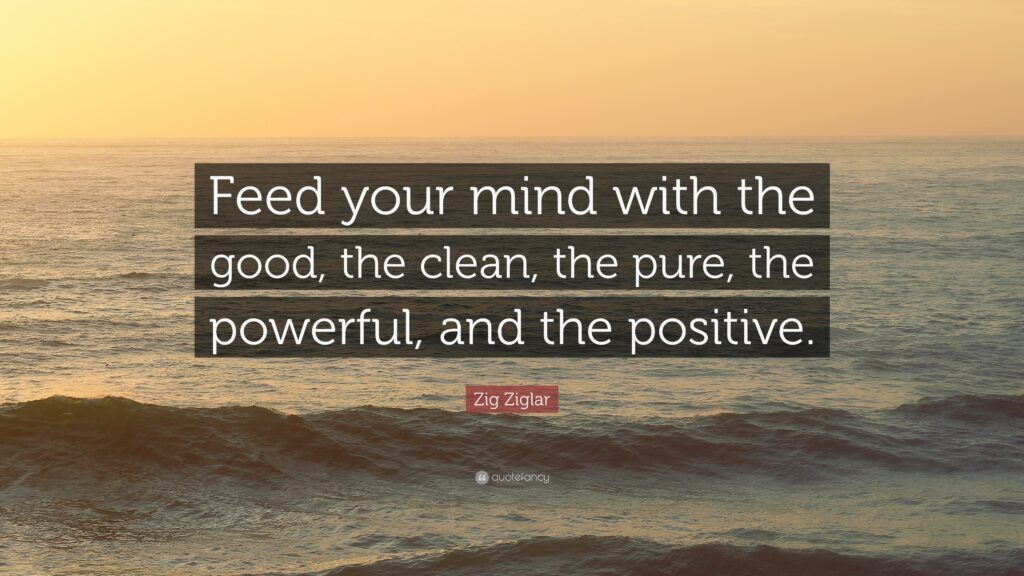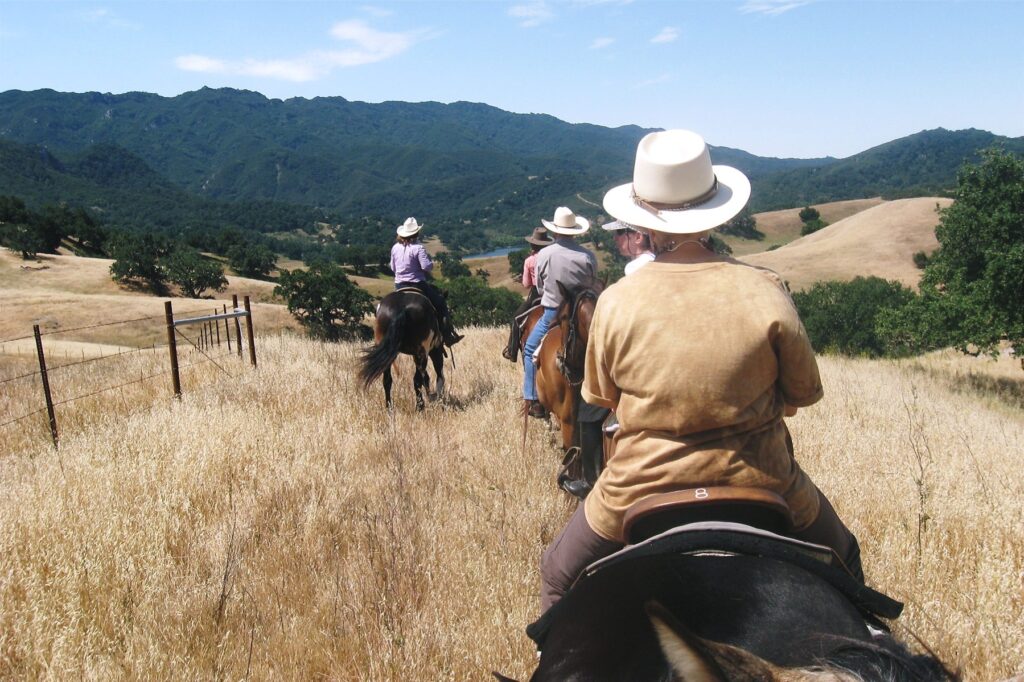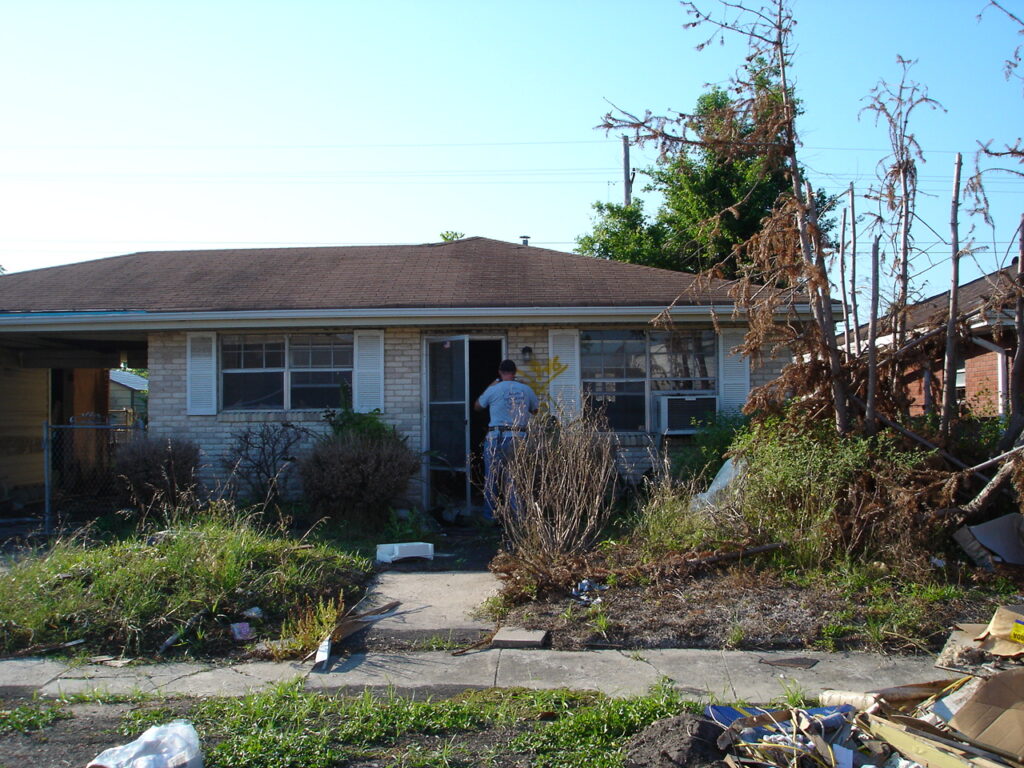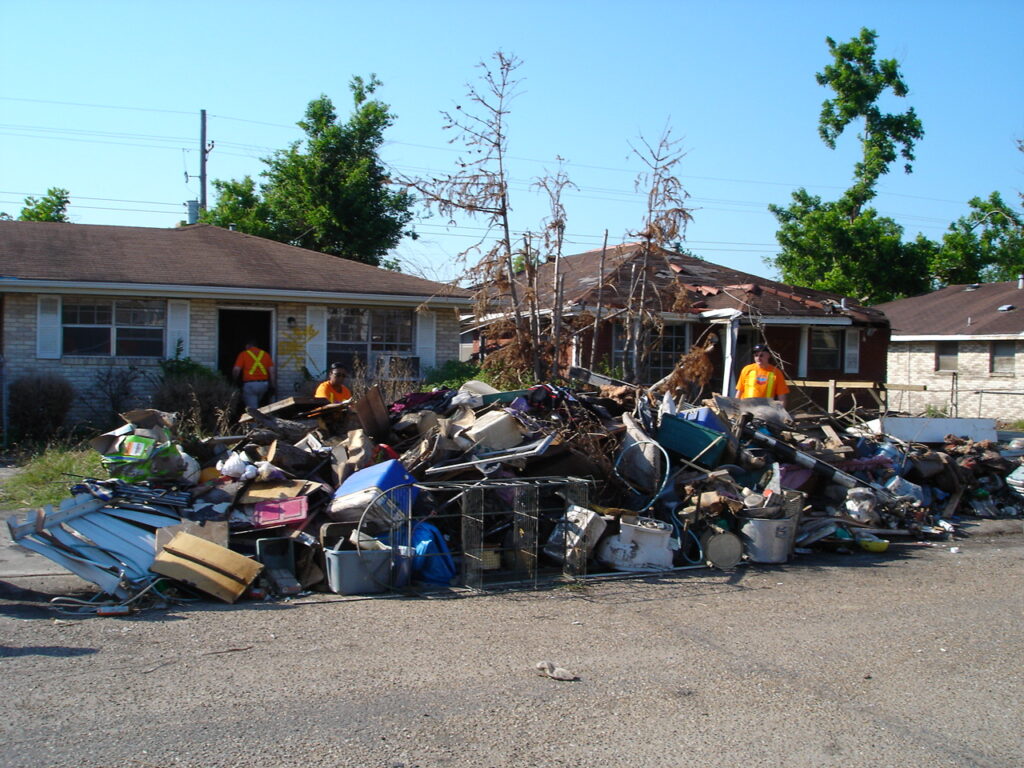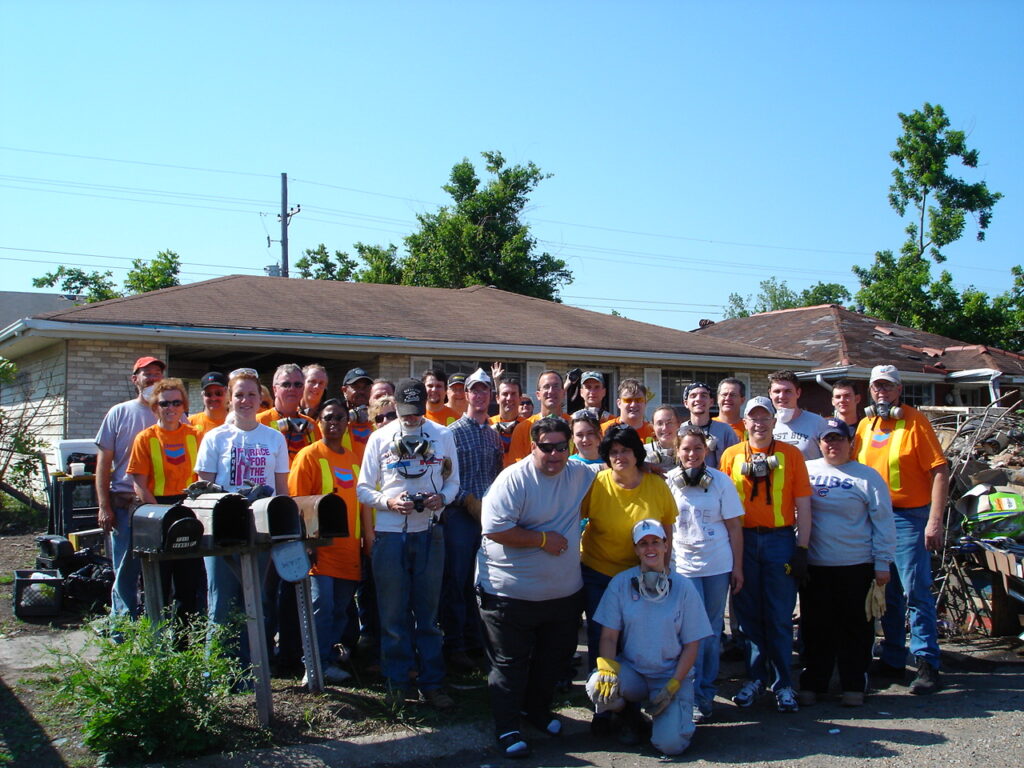(2022-15)
One thing I say often is “work is a four-letter word.” While this is corny, it reflects my view about holding a job. My career of over 40 years was mostly a means to an end – I went to work to provide for my family. I enjoyed some of my jobs at Chevron more than others. I tried to have fun at all of them though. I believe that having fun at a place where I spend more than 40 hours per week is a necessity. I also believe that when I am enjoying my work and the people I work with, I get better results.
How about you – do go to work solely to get a paycheck? Is this the right approach? Early this summer, I witnessed a few people who caused me to rethink my view of work.
During Dad’s health crisis (see my previous posts “Life Happens” and “Bittersweet Transitions”) I got to see quite a few healthcare professionals in action as they cared for my father. The ones who stood out were the ones who treated him with dignity and respect. They exhibited an inspired approach to their job, which manifested as sincere care for Dad.
One of the prime examples was Melissa, Dad’s hospice nurse at his assisted living facility. Melissa was a relatively young nurse who showed a high degree of compassion, patience, and devotion. One day, I asked her how long she had been a hospice nurse. She then told me her story of going to nursing school to help people. Her first role was ER nurse, which she did for a couple of years. She got burned out and really did not like that job. She switched to hospice nursing and told me she knew she had found her calling. She seemed truly happy in her job and it showed in the way she treated Dad and his family members. I quickly came to truly appreciate any healthcare professional who purposely chooses hospice care as their specialty.
I also got to see in action how leadership sets the tone in Dad’s assisted living facility. The family (including Dad) selected Sunrise Senior Living in Frisco, Texas and are still convinced this was the absolute best place for Dad. Tisha, their Executive Director, and I had a few conversations about the facility and the quality of the staff. I asked her how she got such high-quality people. She said she purposefully selected compassionate people to work there. It showed! Tisha set the tone for the entire organization. There was not a person who did not live up to the facility’s mission – “To champion quality of life for all seniors.”
Sunrise Frisco was a refreshing change from the small-town hospital where Dad was originally treated. The staff there was in it only for a paycheck (except for one person – Dad’s physical therapist, who is a very compassionate person). The difference between the two organizations was striking.
Another thing I noticed during this time is that compassionate leaders support their people in times of personal stress and difficulties. My very first boss was amazing in this regard. Very early in my Chevron career, my sister-in-law died in a car wreck. My boss knew I was really close to her and told me I could take whatever time I needed to deal with things. This was a tremendous relief to me and made me very devoted to this boss.
In contrast to this, one of my family members was treated poorly by their boss during Dad’s illness and death. Their boss basically hounded them mercilessly, did not read emails that shared status, and was extremely self-centered. It demoralized my family member.
How about you? Are you in a job just for the paycheck, or are you pursuing your calling? It is now my opinion that you should determine your passion and find a job that allows you to follow it. Your passion will become a calling. Mine is for coaching and developing people. I got great positive reinforcement watching them grow based on my coaching. It truly became a calling for me.
As a leader, what tone are you setting? If you don’t know, ask your team members. They will tell you. If you are not setting the tone you want, take steps to change it. This will take time, but the first step is recognizing where change needs to occur.
How do you treat your employees? Do your employees work only for the paycheck, or are you helping them find their calling? How do you support them when they are going through rough times? Remember that your approach during difficult times can attract or repel good people. Choose to attract! I would like to hear your comments, struggles, and experience. Let me know if you would like to discuss this further and I will schedule a call or meeting.

